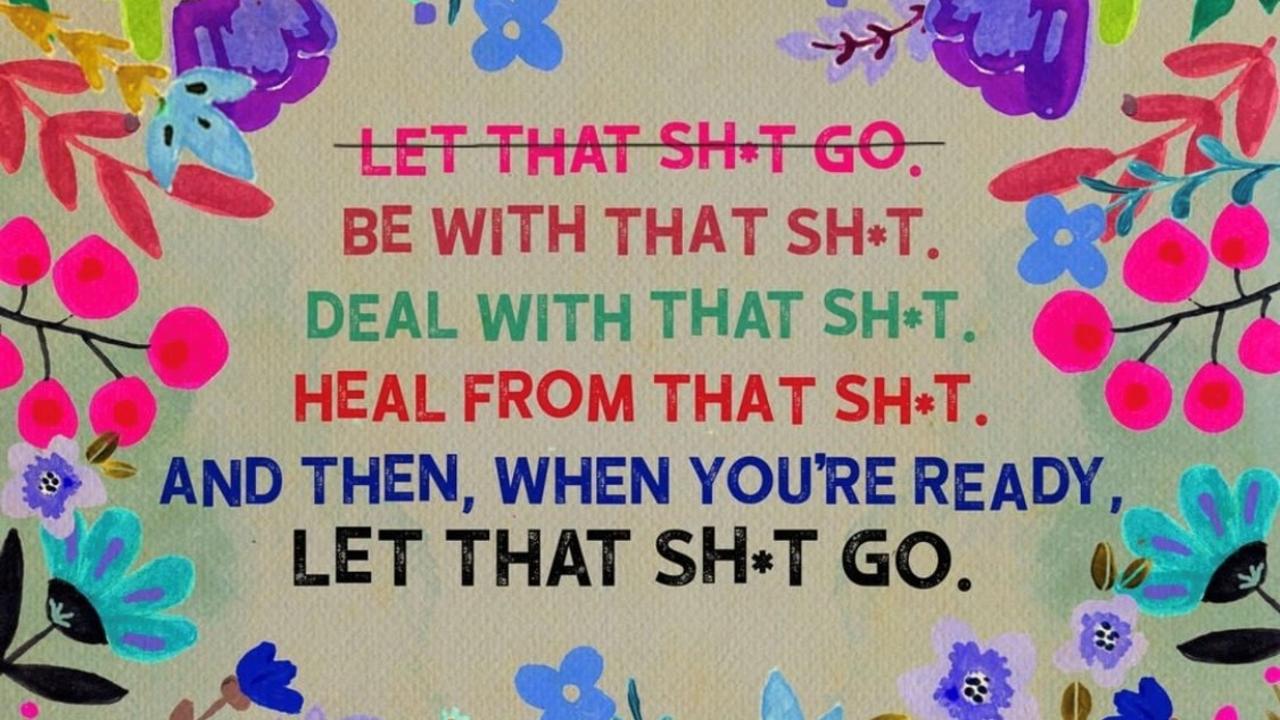When You Personalize Your Employees' Behavior

When I was a new manager I used to personalize why members of my team weren’t engaged. I made it about me. I was the reason they were under-performing.
I did everything in my power to re-engage them and when it didn’t work I then started to resent them for being disengaged. What I didn’t do was hold them firmly accountable to clear goals for fear of push-back and confrontation. I didn’t do my job as a manager and they became entitled.
When I set clear goals and began meeting with them regularly on their performance on those goals we began a dialogue around the challenges they were having and could role play alternative scenarios. The feedback depersonalized for me when I made it about their performance on the goals and not their attitude versus my expectations. Very objective. Them against the goal, policy, company value - not me.
Wishing you the power of regular feedback on clearly defined goals today.
Listen to a recent interview by Leadership Podcaster Frank Aziz. In this p...
9 Questions to Ask Yourself When You Can’t Move On

After a difficult transition such as a job loss, broken relationship, forced relocation, lost promotion, loss of a loved one where you’ve been left feeling less than yourself, depleted and ineffective well-meaning people who care about you often tell you to just ‘move on.’ As if you don’t already want to move on you take this advice in stride and wish you could do exactly what they suggest. When you can’t, you feel even more flawed. At worst, you act out your frustration, stripping your executive presence.
Most people know when they need to move on. Nobody wants to wallow in prolonged anger, sadness, fear, frustration or despair such that these feelings get in the way of joy and rob you of living in the moment. But HOW do you do that? Instinctively you want to turn away from suffering. Unfortunately, that only makes it worse. We must get curious about it. We need to familiarize ourselves with its motivation and dissect it so that we can understand it. Likely, it is a self-defense mec...
When You Can't Let Go of the Past

In my executive coaching practice I see wonderfully talented clients suffer from life messages dished out by inept bosses, well meaning family members, and misguided colleagues. We don’t thrive when we are controlled from the outside in. We thrive in our natural mindset - from observing the outside world and accepting ourselves internally no matter what.
If someone chooses to be biased or unkind, their behavior says more about them than you. But sometimes we internalize the outward world and make it personal to us. That leaves us a victim.
The only way to deal with this is to build self-awareness so that you can see when you start to interpret other people’s behavior as the root of your feelings. ‘I’m unhappy because my boss never appreciates me or my family always held me back or my coworker triangulates the office against me.’
Separate assumptions from facts. When you sense assumptions made in desperation from a mindful third-party perspective like a fly on the wall, you can c...
Seven Steps to Move Forward from Career and Life Transitions That Burn

Life and career transitions carry some of the biggest heartaches of our lives – relocation, divorce, job loss, aging parents, relationship changes, health challenges, death of a loved one, friends who move way. We feel lost, rejected, angry, afraid, abandoned, alone. Often the biggest influencer in these situations is not the transition itself but, the story we attach to it. When the story generates from a place of fear we get stuck.
- Dispel Your Stuck Story
Define your perception of the situation – the version that you relive over and over in your head. It might be fear of what will happen in the future. It might be about health, relationships, career, financial security. It might be guilt about the past. You may feel like a victim or alone and that things will never change. What is your stuck story? Who is in it? Who do you blame for where you are? What is the worst possible outcome that could happen? We can dispel what we own. If we can’t face and own the thoughts that chase u...
Stay connected with news and updates!
Recent Posts
